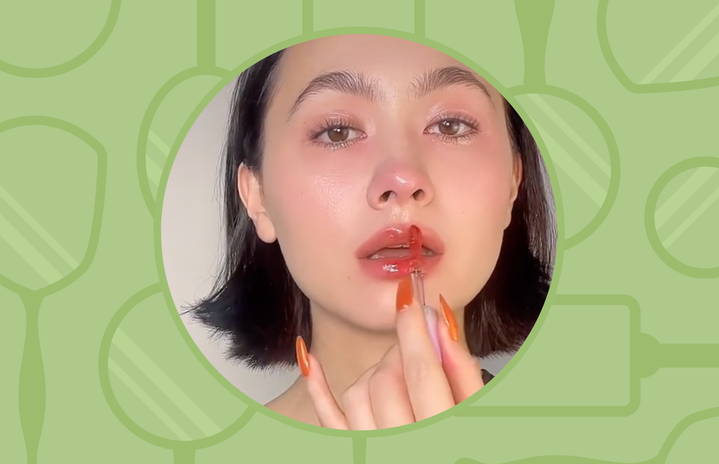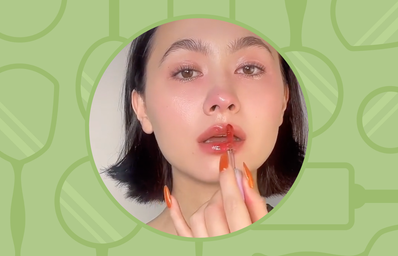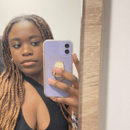TikTok is a social media app with over 900 million active users and was ranked the 6th most-used social media platform in 2023 by Statista. It’s proven that from 2018 to today, the social media app has had a lot of influence and relevance in pop culture. Some of its notable trends were during the height of the COVID-19 pandemic in 2020, including the “#Bored In The House” trend, the dance to Doja Cat’s hit song “Say So”, and the “Renegade” dance. Since then, TikTok has expanded its reputation from mainly being a dancing app to having a wide range of popular content, such as “Day in the Life” vlogs, political video essays as well as life hacks or tutorials.
Due to TikTok being an app where a lot of trends form and gain popularity, the app is now starting to experience microtrends. In 2023, there were 162 billion videos on TikTok in 2023 were under the “#beauty” category which has subsequently meant there have been many videos made that are dedicated to microtrends, as well as in the fashion category. For example, TikTok users have popularised many new fashion styles and aesthetics, such as “Fairycore” which involves wearing outfits inspired by fairies and elves, or there’s the “Coastal Granddaughter”, which involves dressing in beachy outfits that people would wear on the East Coast. Now on TikTok, people claim that a new style or trend has started, when instead it’s just an already popular trend with a different name. For example, the “blueberry milk” nails trend in the summer of 2023 was a trendier way of saying you wore baby blue nail polish on your nails. Although there isn’t any harm in these types of beauty microtrends, there are now microtrends concerning peoples’ appearances on TikTok.
Instead of different fashion aesthetics or beauty hacks, there’s now a micro trend that categorises peoples’ beauty based on which animal they share features with the most. The more features you have with a certain animal, the prettier you’re considered according to certain TikTok videos. For example, being called “cat pretty” means that you have facial features that resemble a cat; feline, sharp facial features and high cheekbones. This includes celebrities such as Bella Hadid, Madison Beer and Madelyn Cline. There’s also being “bunny pretty”, which involves having a small round face and softer facial features, traits which are often associated with celebrities such as Olivia Rodrigo or Nayeon from the Korean girl group Twice.
Due to TikTok users starting to categorising someone’s beauty, I’ve seen a mass number of comments, particularly from young girls saying “What if I don’t fit into any of these categories?” or “What type of pretty am I then?” Shows that microtrends like these cause people to doubt their looks and not view themselves as pretty anymore, just because they don’t have a small round face, a button nose or sharp facial features. This is especially harmful to young people on the app, as 25% of TikTok users are made up of 10 to 19-year-olds in the US alone. Having a large number of young users on the app means they’re more likely to be impressionable and internalise these microtrends of beauty standards to mean that because they don’t fit any of the categories, they must not be beautiful, which could lead to insecurities that can also have detrimental effects on people’s mental health.
Essentially, people need to realise that beauty doesn’t always need to be categorised, and the beauty of others isn’t the absence of your own. It may be hard for some people to realise this due to not fitting into the categories of “cat” or “bunny” pretty, which is why you can filter out content on TikTok that you don’t like to see if you feel like it would bother you. Otherwise, trends are meant to be enjoyed for a certain amount of time, so there’s innately no harm in consuming content that you enjoy and like.


